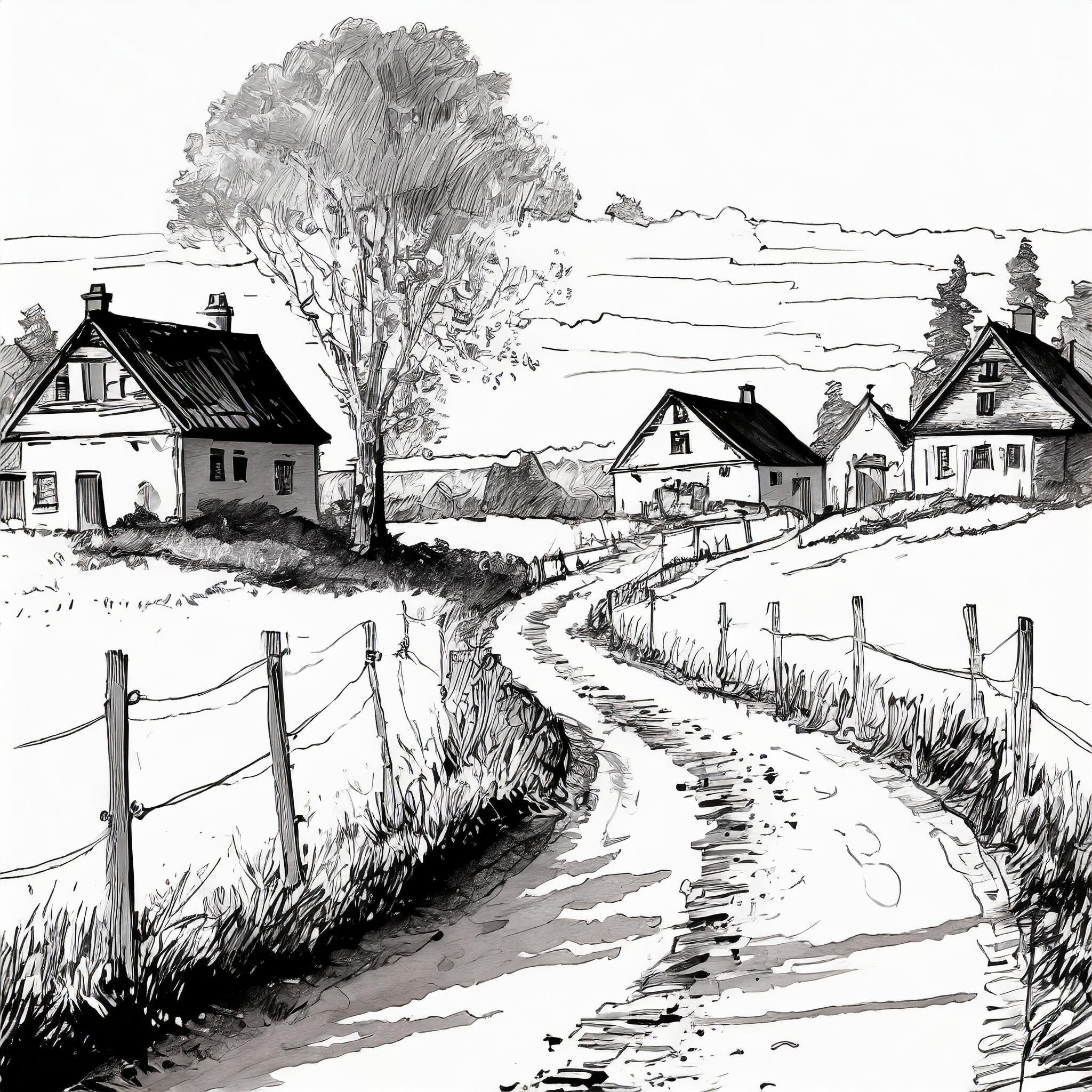Our road climbed steeply up to the forest and was also not paved. On the right and on the left only tiny huts where cottagers and poachers lived, that’s why this part of the road was also called ‘Neue Not.’
This post has been moved. Please follow us on Medium to read and/or listen (!) to it in full.
The Bright Side of the Doom, a Prequel to 1984, The 18-Year-Old Who Wrote a Note and Disappeared is now available worldwide in bookstores as a hardcover, paperback, and e-book‼️
